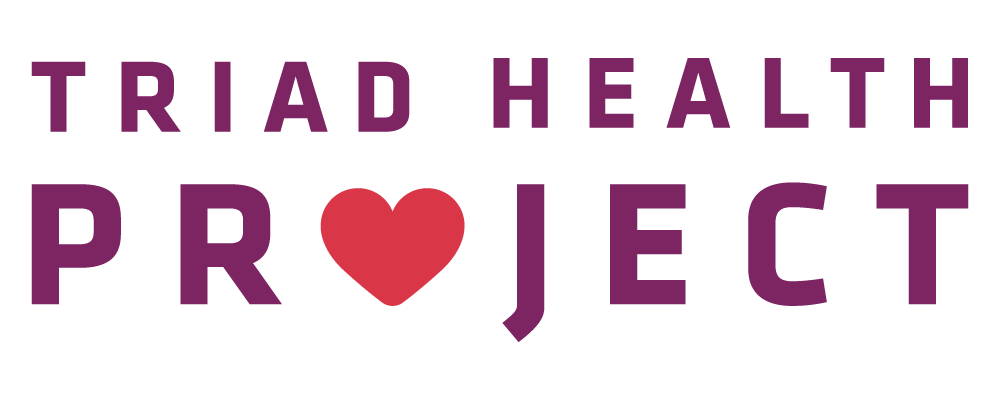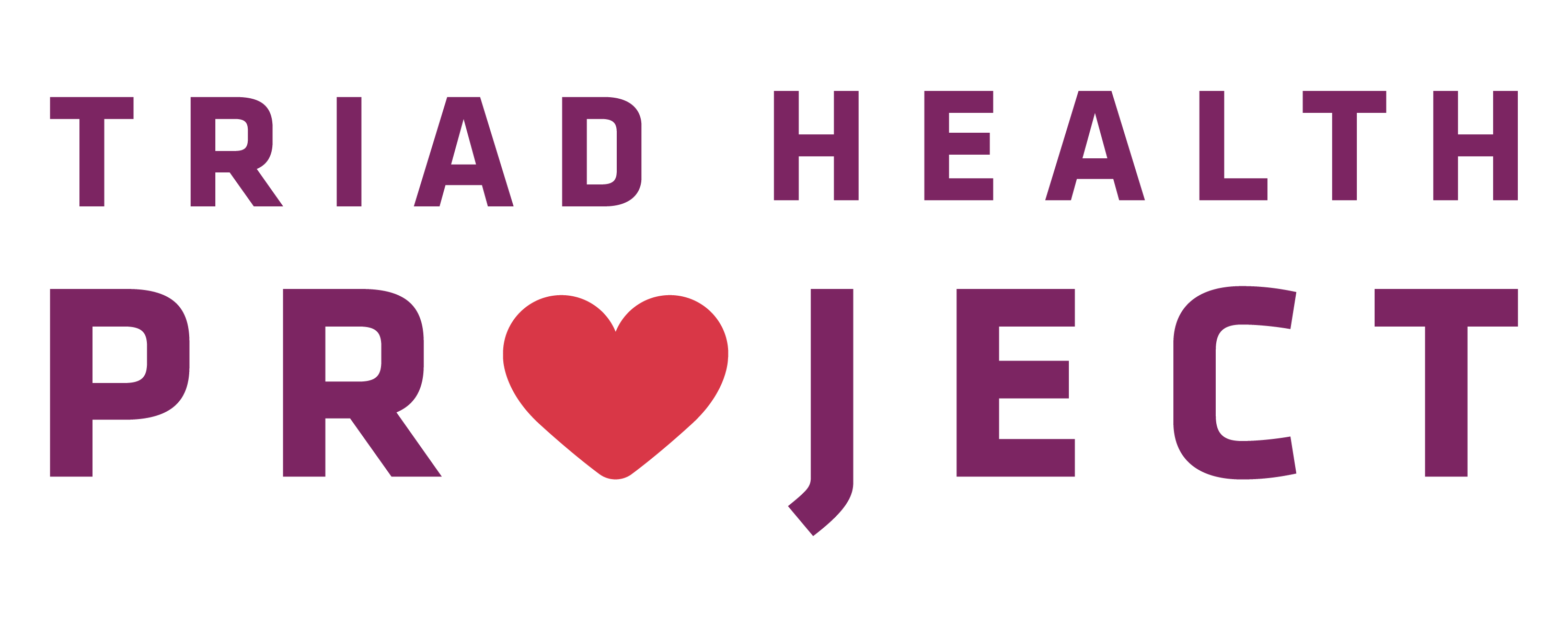In response to Covid-19, masks are always suggested. Depending on current CDC numbers, masks may be required. Please
note: We provide testing in both Greensboro and High Point. Feel free to check availability for both locations, considering your convenience.
Or call 336-275-1654 and leave a message to make an appointment.
HIV & STI Walk-In Testing Every Tuesday
Mobile Health Unit
1100 E Wendover Ave.
Greensboro, NC 27405
3 – 6pm
High Point
501 W Westwood Ave.
High Point, NC 27262
9am – 7pm
Please Note: If you test with the mobile unit, please call 336-275-1654 concerning results.
Greensboro Office
801 Summit Avenue, Greensboro, NC
- Monday: No Testing
- Tuesday: 9am – 2pm appointments and walk-ins
- Walk-in Wednesday: 9am – 7pm
- Thursday: 9am – 4pm — by appointment only
- Friday: 9am – 2pm appointments and walk-ins
High Point Office
501 W. Westwood, High Point, NC
- Monday: No Testing
- Tuesday (High Point Office): 9am – 7pm- Walk-ins are welcome
- Wednesday (High Point Office): 9am – 2pm — Walk-ins and by appointments
- Thursday (High Point Office): 9am – 2pm — Walk-ins and appointments
- Friday (High Point Office): 9am – 1pm — Walk-ins and appointments
Testing for HIV and Syphilis is performed only as a blood test by drawing a small sample to be sent to a laboratory. Testing for Chlamydia and Gonorrhea is done through a small urine analysis.
Please do not show up for results without calling or testing ahead as they have to be prepared. Please call 336-275-1654 or text us at 336-645-6834. Please allow a 48-hour turnaround for a response and their preparation.
Bring your testing return card and your photo I.D., and one of our trained staff will provide your testing results, answer your questions, and connect you with treatment if you need it. We also have free condoms and lube samples available—just ask!
Looking for condoms?
Pick up some at one of our local community partner condom stations:
- Ahava Collective, 501 S Mendenhall St., Suite 203, Greensboro
- Westerwood Tavern, 508 Guilford Avenue, Greensboro
- Twist Lounge, 435 M Dolley Madison, Greensboro
- Smokey Shay’s, HP- 2209 N. Centennial St, High Point, NC 27265
Triad Health Project also provides STI and HIV education programs, presentations, and literature to the community upon request.
When you know your status, you are in control.
If you have acquired HIV, today’s treatments can suppress the virus and prevent HIV from progressing. Even more, with treatment you can ensure that you cannot pass the virus to anyone else. You can protect yourself and the people you love. You can lead a full and rewarding life. When you don’t know your HIV status, or when you’re not in care, the disease is in control, and you are living on its terms. The disease is NOT in control…
Frequent Questions About Testing
What happens during testing?
The testing process will take about 15 minutes. Once paperwork is completed, you will sit and talk with a counselor who will ask you questions about your risk of getting HIV and STI’s. Afterwards, a small sample of blood is drawn to be tested for the HIV and Syphilis testing. You will provide a small urine analysis for the chlamydia and gonorrhea testing.
What does a positive or negative result mean?
A positive result means that the test found antibodies and viral RNA in your blood and that you are infected with HIV.
A negative result means that at the time of the test, no antibodies or viral RNA from HIV were found in your blood. However, a “false negative” test is possible in the event that a person tests too soon after an exposure to HIV, and the virus has not yet replicated in the bloodstream in a sufficient quantity to be picked up by a test. It takes an average of ten days after exposure for there to be enough virus in the bloodstream to be detected by a viral RNA test.
The STI Connection
Sexually Transmitted Infections, or “STI’s” such as Syphilis, Herpes Simplex Virus, Chlamydia, or Gonorrhea are diseases you can get from having unprotected vaginal, anal, or oral sex.
Obtain more information about various Sexually Transmitted Diseases:
How are HIV and AIDS different?
What Is HIV?
HIV (Human Immunodeficiency Virus) is the virus that causes AIDS. It breaks down your body’s immune system. Your immune system protects you against diseases. HIV is a virus that lives in blood, semen, breast milk and vaginal fluids.
What Is AIDS?
AIDS (Acquired Immune Deficiency Syndrome) is the stage where HIV has severely damaged the immune system, leaving the body vulnerable for more infectious diseases.
Undetectable = Non transmissible
A person who has acquired HIV and is successfully taking their prescribed medication cannot infect another person once the amount of virus in their body is undetectable. Early detection and early treatment is key for not only the individual, but also for public health.
How do you get HIV?
- By having unprotected anal, oral, and/or vaginal intercourse with someone living with HIV whose viral load is not suppressed
- By sharing needles, syringes, cookers or cotton (works) to shoot drugs.
- By being born to an HIV infected mother.
- You can have HIV and not have AIDS. You may feel well and look healthy for years.
What are the signs of HIV?
Quite often, people living with HIV have no signs at all. Sometimes HIV shows signs a lot like the flu. The signs may be similar to and mistaken for other diseases. The difference with HIV is, the signs don’t go away, or keep coming back. If you have any of these signs, and they last several weeks or more, see your doctor.
- Sudden, unexplained weight loss
- feeling very tired all the time/constant fatigue
- fever or night sweats
- diarrhea
- dry coughing not from a cold or smoking
- swollen glands in the neck, armpit or groin
- Pink, blue or purple spots on the skin or in the mouth. (They look like bruises, but don’t go away.)
You cannot get HIV from casual encounters, such as:
- Shaking hands
- Hugging
- Kissing
- Sneezing
- Coughing
- Using bathtubs
- Toilet seats
- Swimming pools
- Touching doorknobs
- Telephones
- From the air
- Sharing drinks, food, glasses, dishes, forks or spoons

